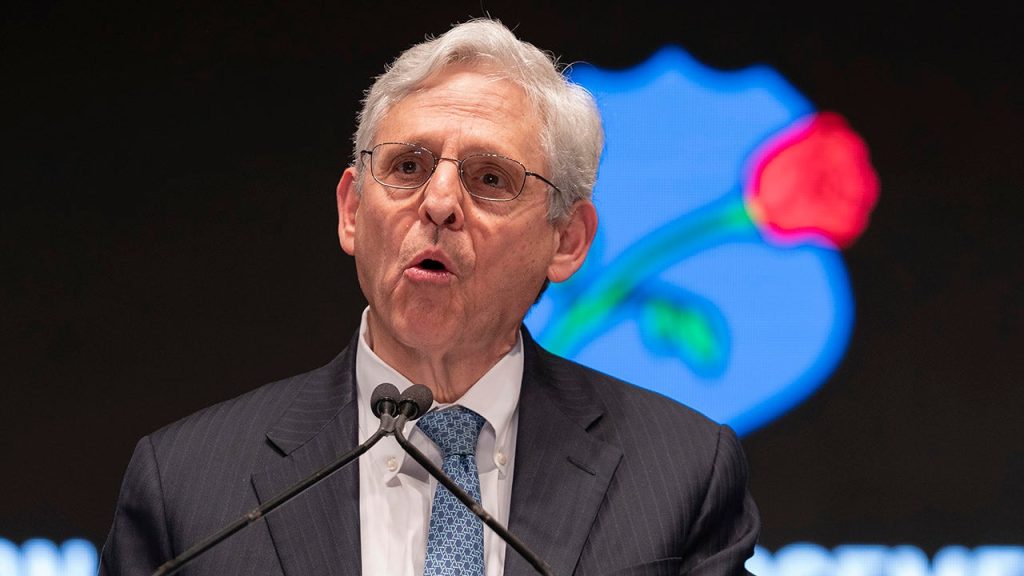Attorney General Merrick Garland faced criticism from reporters on Thursday for asserting executive privilege to protect audio recordings of President Biden’s interview with special counsel Robert Hur regarding classified documents found in Biden’s possession. Garland defended his decision as necessary to protect the integrity of sensitive investigations and prevent political interference. He highlighted the unprecedented attacks on the Justice Department and stressed the importance of upholding the rule of law. Despite facing pressure from lawmakers to release the recordings, Garland stood firm in his commitment to safeguarding the Justice Department’s work.
Following Garland’s assertion of executive privilege, Assistant Attorney General Carlos Felipe Uriarte warned lawmakers against pursuing contempt charges, emphasizing the potential negative impact of a conflict between Congress and the executive branch. The White House Counsel also criticized the attempts to obtain the recordings, suggesting that the motives behind the request were politically driven. The letters from the Justice Department and the White House signaled a reluctance to disclose the audio, as it could be used for partisan purposes and potentially harm Biden’s image in an election year.
The controversy surrounding the Hur interview and the classified documents found in Biden’s possession shed light on the challenges faced by the administration in maintaining the confidentiality of sensitive information. The documents in question relate to a troop surge in Afghanistan during the Obama administration, a topic on which Biden had expressed strong opposition. The investigation revealed instances of willful retention and disclosure of classified information, raising concerns about national security and accountability within the government. Although Biden’s handling of the documents has come under scrutiny, his aides have defended his memory and decision-making abilities.
As the issue of executive privilege continues to stir debate, Garland emphasized the Justice Department’s commitment to upholding the rule of law and conducting investigations without political interference. The escalating tensions between Congress and the executive branch underscore the challenges faced by federal agencies in maintaining transparency while also protecting sensitive information. The fallout from the controversy surrounding the audio recordings highlights the need for clear guidelines on executive privilege and the balance between accountability and national security.
Despite facing pressure from lawmakers and the media, Garland remained steadfast in his defense of the Justice Department’s decision to withhold the recordings under executive privilege. The ongoing legal battle over the release of the audio highlights the broader implications for future investigations and the integrity of the Justice Department’s work. As the controversy continues to unfold, the administration faces a delicate balancing act between transparency and protecting sensitive information, with the outcome likely to impact public trust in government institutions and the rule of law.













